1. We Learned to Entertain Ourselves
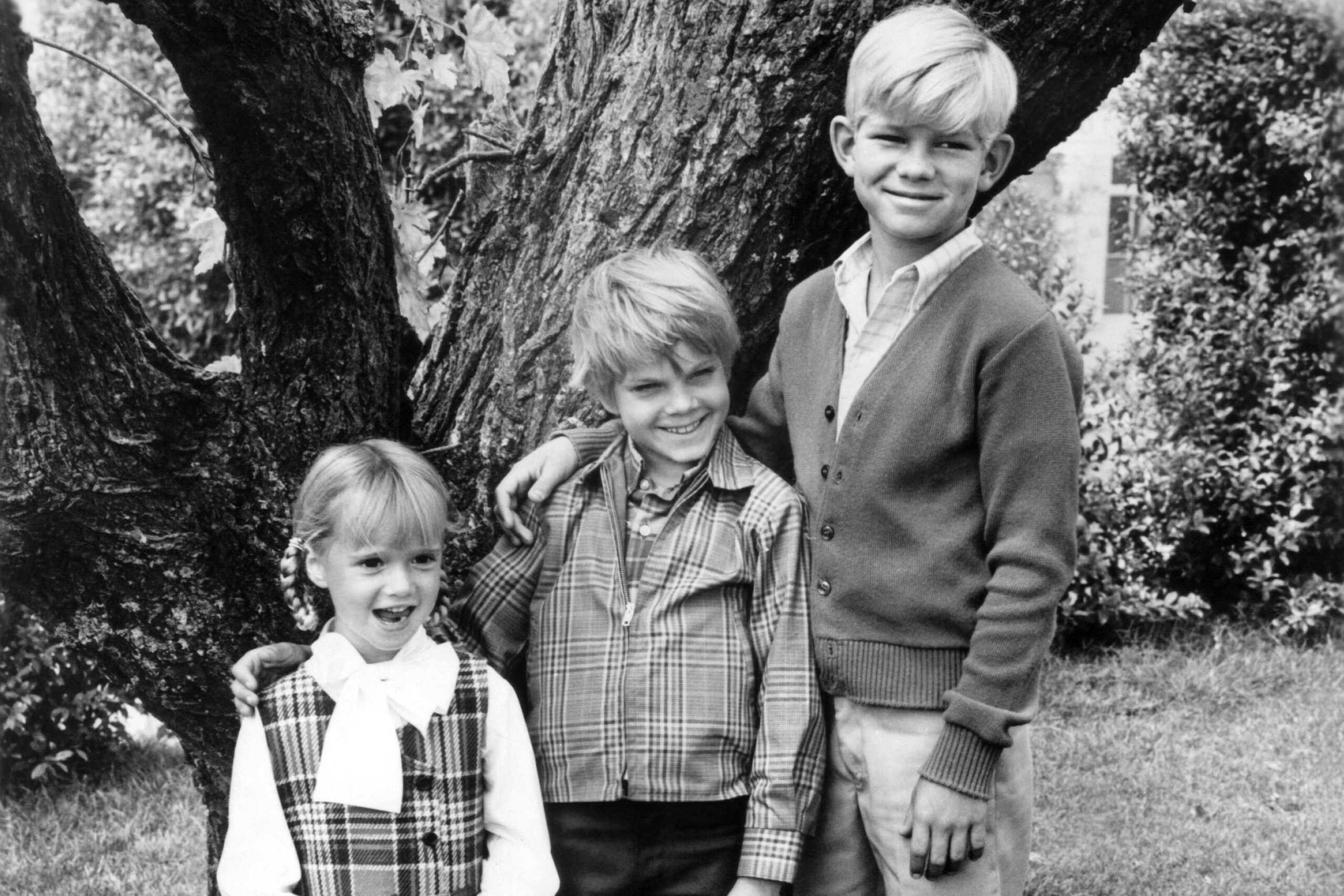
Coming home to an empty house meant finding creative ways to pass the time. Whether it was flipping through a stack of comics, playing outside until the streetlights came on, or inventing elaborate games with action figures, we figured out how to have fun without relying on anyone else. TV became our after-school babysitter, but we also learned to love books, puzzles, and anything that kept boredom at bay. Without a phone glued to our hands, we had to make our own entertainment, and that skill has stayed with us shares Yahoo.
Even now, we’re less likely to feel helpless without constant stimulation. We don’t always need someone to entertain us because we grew up learning how to enjoy our own company. That independence made us more self-sufficient, and in a world where people seem addicted to their screens, we know how to unplug and do our own thing. We didn’t need a structured playdate or an app to have fun—we just figured it out.
2. We Mastered the Art of Problem-Solving
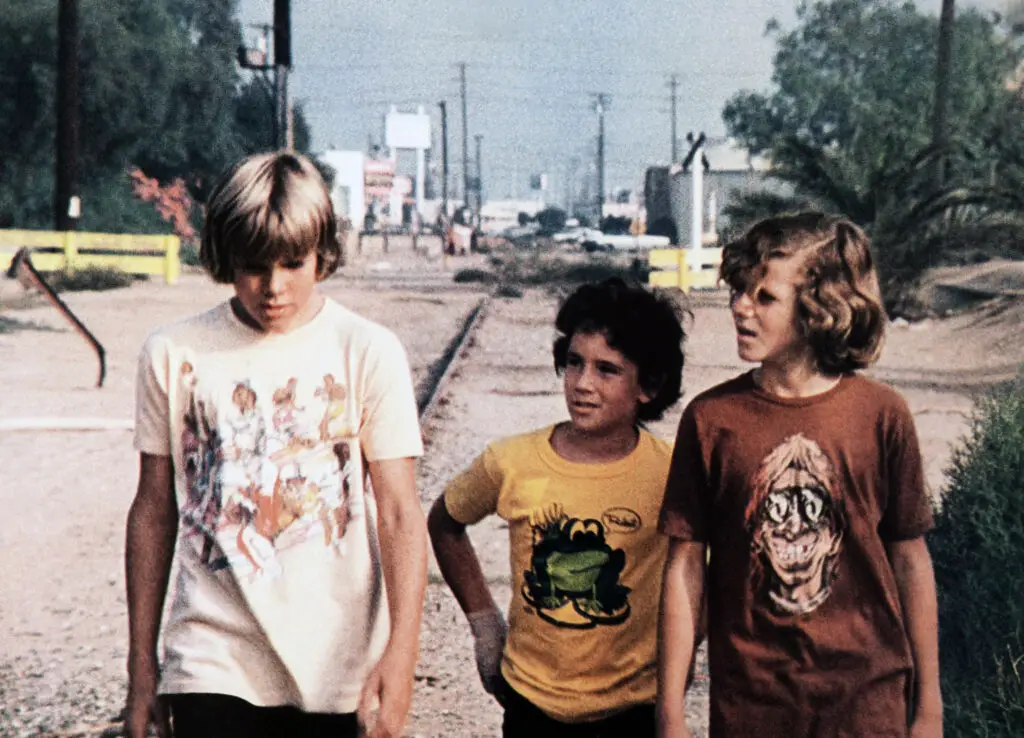
When things went wrong at home, there wasn’t always an adult around to fix them right away. If we spilled juice on the carpet, we had to find a way to clean it before getting caught. If the TV stopped working, we had to fiddle with the antenna or smack the side until the picture came back. We learned to jerry-rig broken toys, unclog toilets, and find creative solutions for everyday problems shares Business Insider.
That problem-solving mindset carried over into adulthood, making us resourceful and quick on our feet. We don’t panic when minor issues pop up because we’re used to figuring things out on our own. Whether it’s fixing something around the house or troubleshooting a work issue, we have a natural ability to think outside the box. Growing up without instant help forced us to become solution-oriented, and that’s a skill we’ll always be grateful for.
3. We Became Responsible at an Early Age
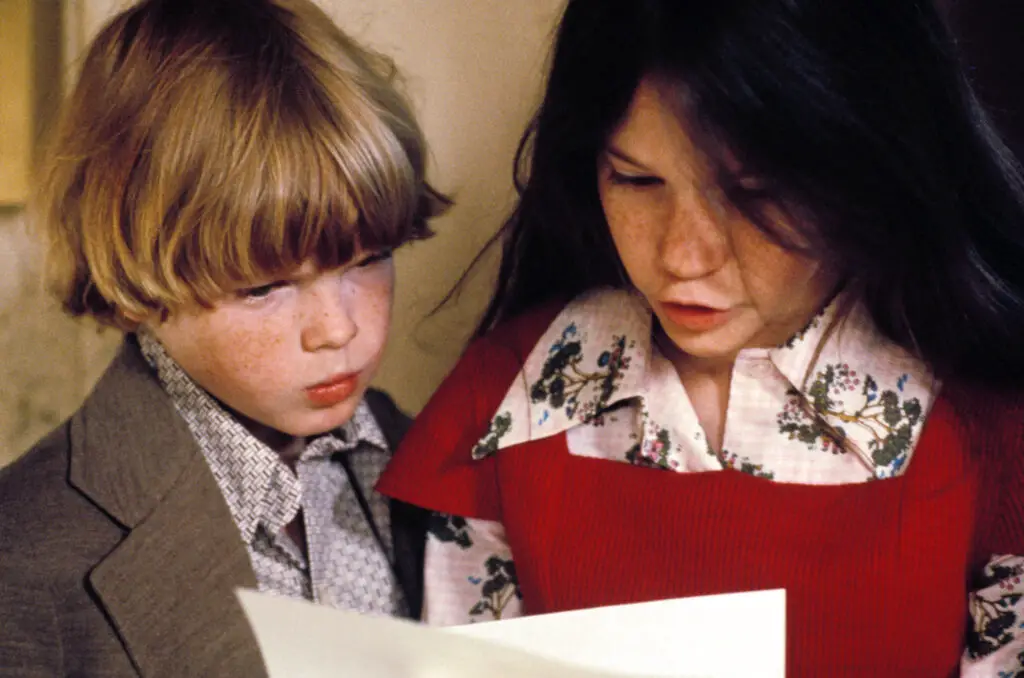
Being the first ones home meant we had to lock the door behind us, feed the dog, and maybe even start dinner. There wasn’t a parent hovering over us to make sure we got our homework done or remembered to do our chores. We had to manage our own time and take care of things without reminders. It may have felt like a lot of responsibility back then, but looking back, it taught us accountability adds YourTango.
Now, we don’t need someone checking up on us to make sure we’re handling our business. We show up on time, meet deadlines, and follow through on commitments because we’ve been managing our own responsibilities since childhood. That early independence made us trustworthy and reliable, something employers, friends, and family appreciate. We don’t need a nudge to get things done because we’ve always known how to take care of ourselves.
4. We Learned to Cook—Sort Of
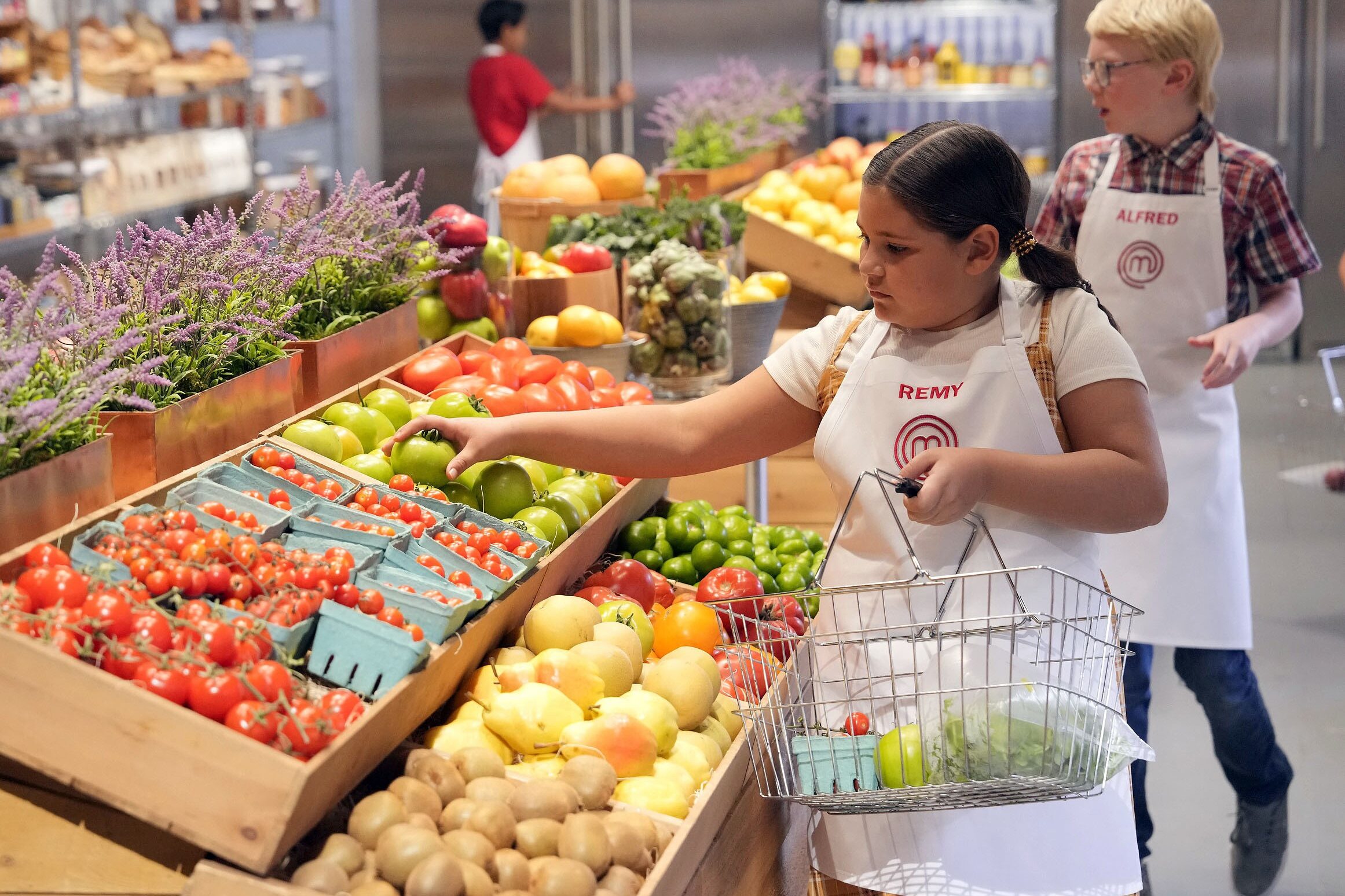
Unless we wanted to survive on peanut butter sandwiches forever, we had to figure out how to make food. Some of us mastered the art of boxed mac and cheese, while others became pros at microwaving whatever was in the freezer. Sure, some attempts ended in burnt toast or a smoke-filled kitchen, but eventually, we learned enough to keep ourselves fed. It wasn’t fancy, but it got the job done adds MSN.
That early experience gave us confidence in the kitchen as adults. We may not be gourmet chefs, but we know how to throw together a meal when needed. We’re comfortable experimenting with recipes and figuring things out as we go. Being forced to cook for ourselves gave us an advantage—one that a lot of people who grew up with a personal chef in the form of their parents never got.
5. We Got Used to Being Alone
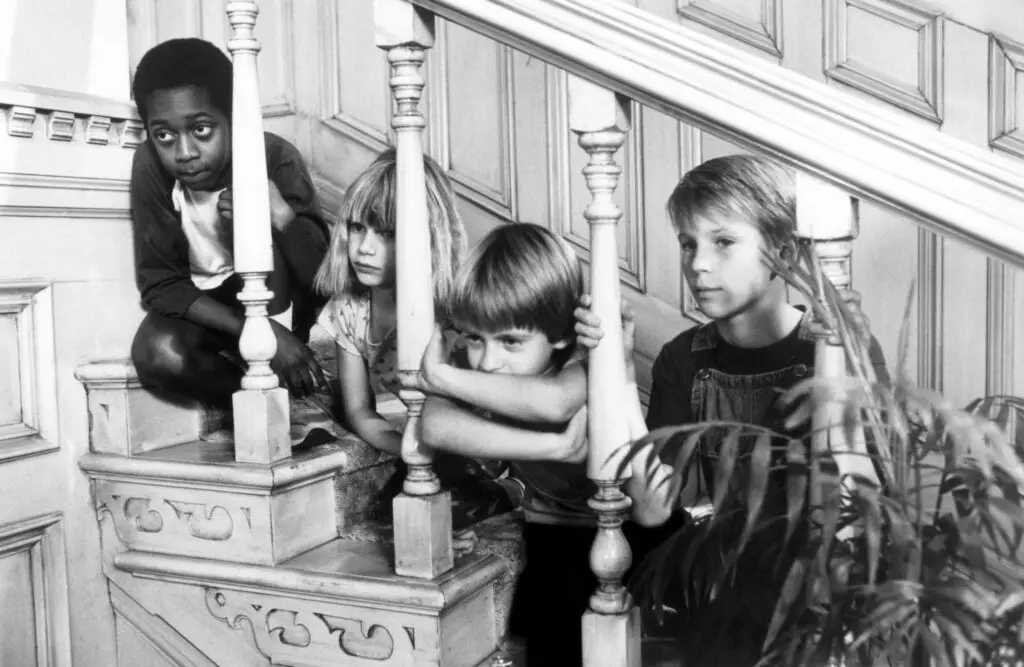
Spending hours in an empty house meant we had to get comfortable with solitude. At first, it could be a little lonely, but over time, we learned to enjoy the quiet. We had time to think, to decompress, and to just be. While some kids couldn’t stand being alone, we got used to it and even embraced it.
That ability to be alone without feeling awkward or anxious is a huge advantage in adulthood. We don’t need constant social interaction to feel complete, and we’re perfectly happy going to a movie or eating at a restaurant solo. Being alone doesn’t make us uncomfortable—it just feels normal. That’s a level of self-sufficiency that not everyone has, and it’s something we carry with us even today.
6. We Became Experts at Managing Our Time
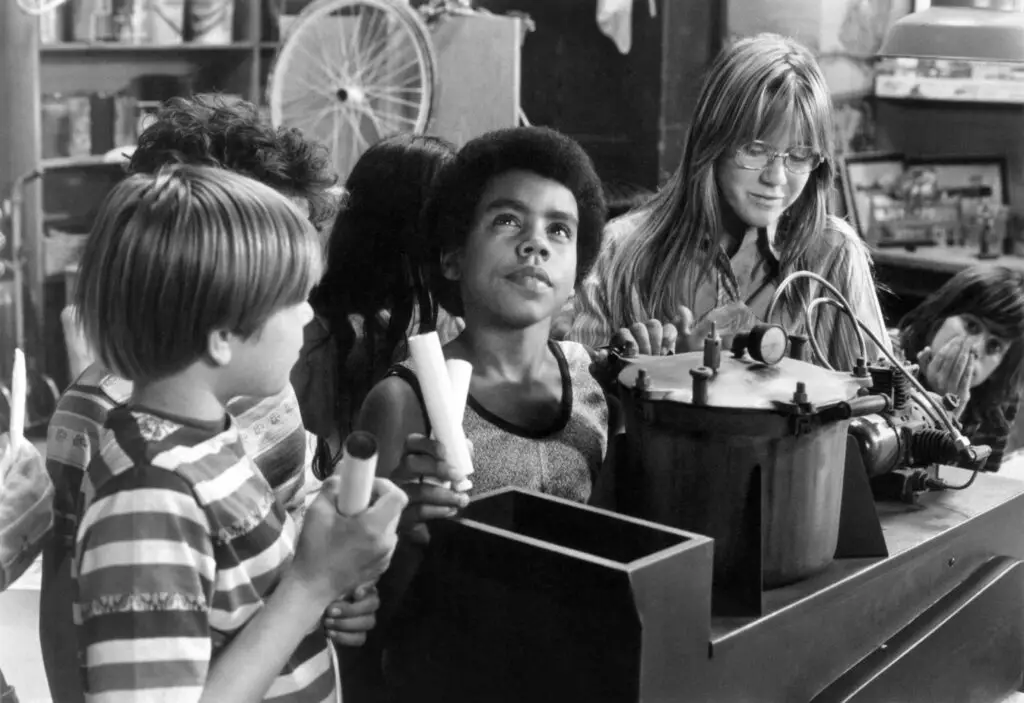
Without a parent telling us what to do every minute, we had to figure out how to structure our afternoons. We knew how long we could goof off before getting our homework done, and we learned the hard way that procrastination had consequences. Managing schoolwork, chores, and free time was up to us, and we had to balance it all on our own.
That skill translated into adulthood, where we naturally manage our time well. We don’t need constant supervision to stay on track, and we’re pretty good at juggling responsibilities. Growing up as a latchkey kid meant we had to develop self-discipline early on, and that’s something that still benefits us today.
7. We Knew How to Get Around
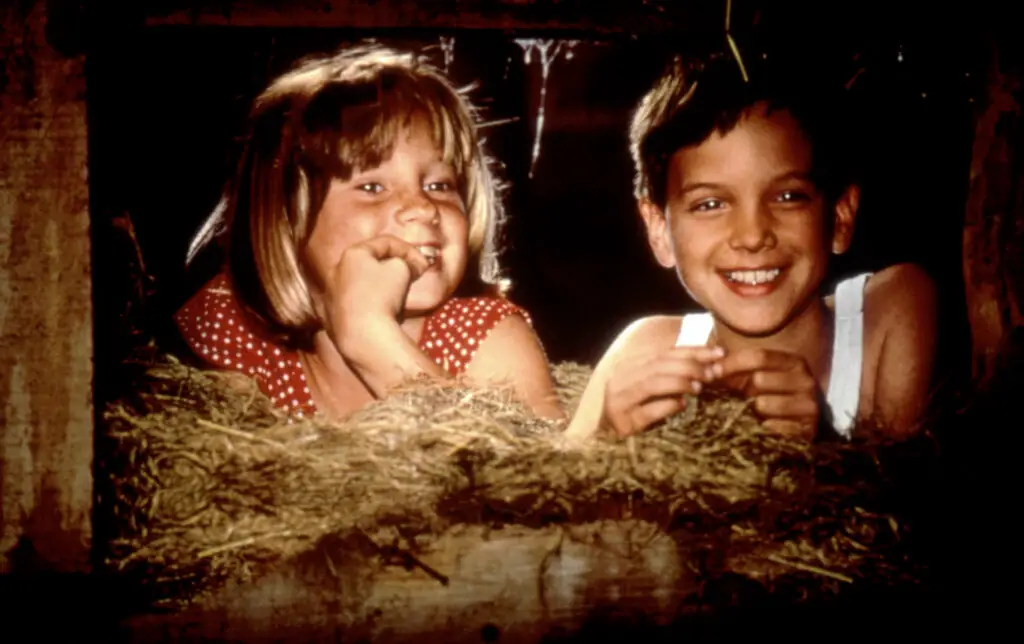
Without someone chauffeuring us everywhere, we had to figure out transportation on our own. Whether it was riding bikes across town, memorizing the bus schedule, or walking miles to a friend’s house, we learned how to navigate the world without help. We didn’t rely on parents to shuttle us from place to place—we just got where we needed to go.
That independence made us confident travelers as adults. We don’t stress over getting lost, and we’re comfortable finding our way in new places. Whether it’s navigating public transit in a different city or planning a road trip, we’re used to figuring things out. Growing up as latchkey kids taught us to be self-reliant when it came to getting around, and that skill has never left us.
8. We Developed a Strong Sense of Security
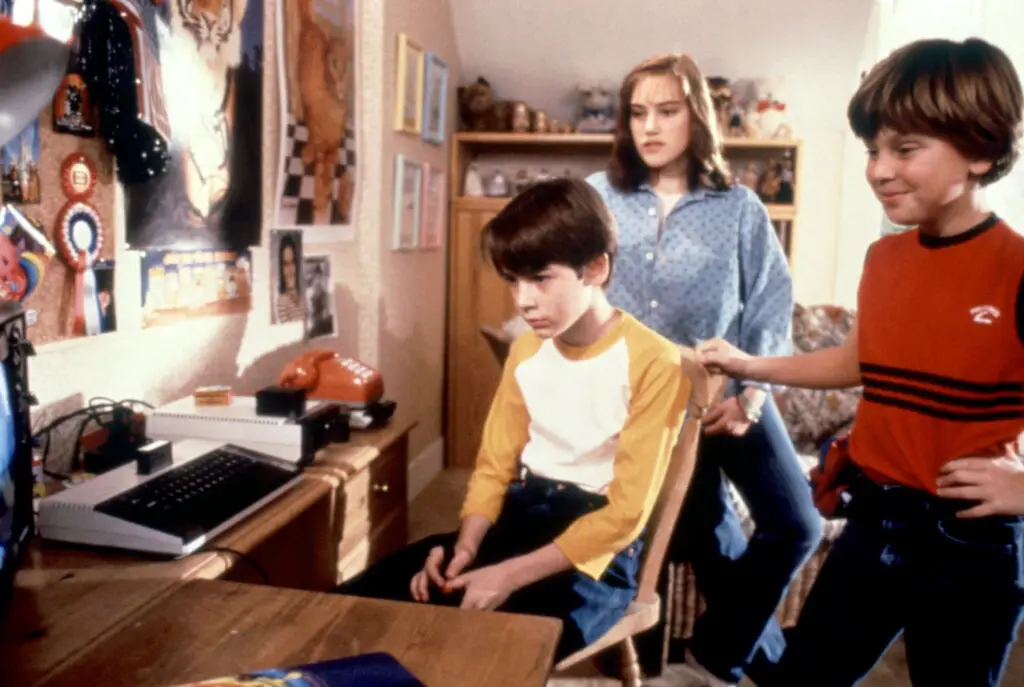
Being home alone meant we had to be aware of our surroundings. We knew not to answer the door for strangers and to double-check that all the doors were locked at night. If we heard a strange noise, we had to decide whether it was just the house settling or something to actually worry about. That sense of alertness kept us safe.
As adults, we’re naturally more cautious and aware of potential dangers. We don’t take unnecessary risks, and we trust our instincts when something feels off. That early training made us more street-smart and capable of handling situations that require quick thinking. We can handle ourselves in almost any situation because we’ve had to rely on our own judgment and instincts from a young age.
9. We Valued Our Time With Family More
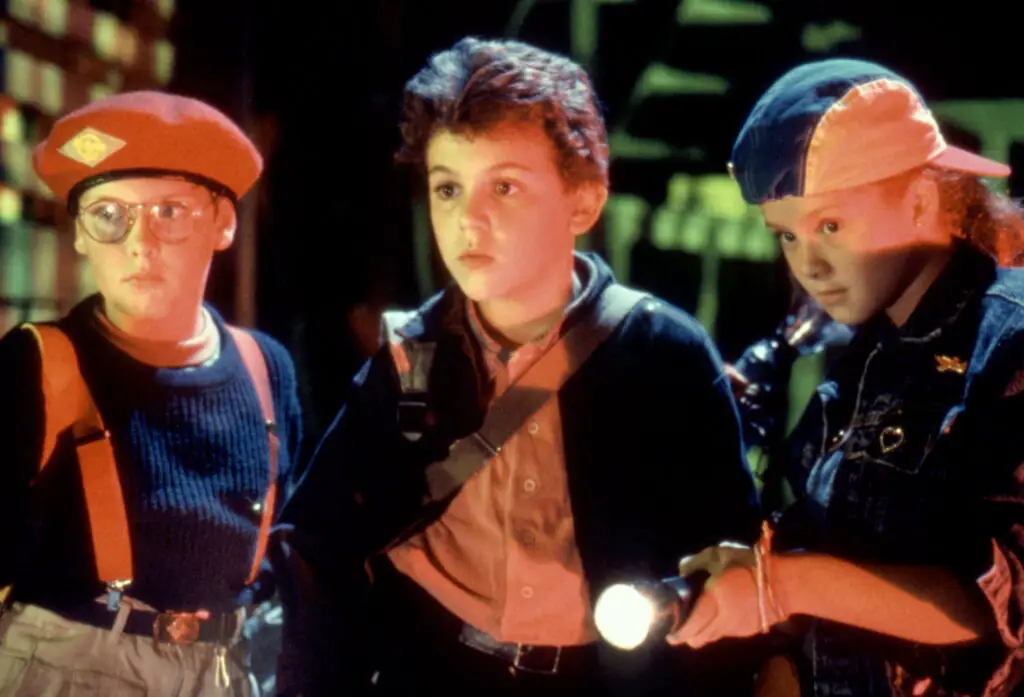
Since our parents weren’t always around, we appreciated the moments we did have together. Dinners, weekend outings, and even simple conversations meant more because they weren’t guaranteed every day. We learned to make the most of those times instead of taking them for granted.
That appreciation for quality time stayed with us into adulthood. We understand that time with loved ones is valuable, and we make an effort to be present. We don’t just sit on our phones when we’re with family—we actually engage. Being forced to appreciate and savor the time we had with family made us more intentional about nurturing relationships as adults.
10. We Handled Emergencies Like Pros
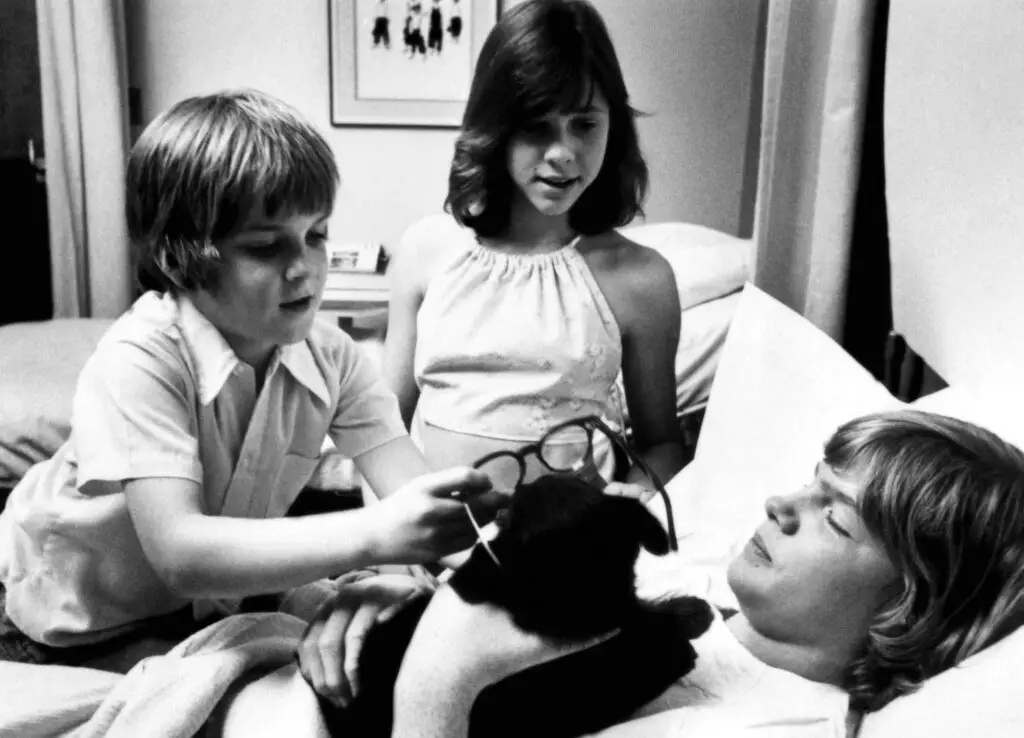
From power outages to minor injuries, we learned how to stay calm under pressure. If the power went out, we knew where the flashlight was. If we cut ourselves, we found the Band-Aids. We figured out what to do because there wasn’t always someone around to do it for us.
Now, we’re the ones others turn to in a crisis. We don’t freeze up or panic—we assess the situation and handle it. That level-headedness has served us well in adulthood, from handling work crises to unexpected life changes. We’ve built a resilience that makes us more capable of managing the unexpected and keeping our cool under pressure.
11. We Appreciated Independence Early
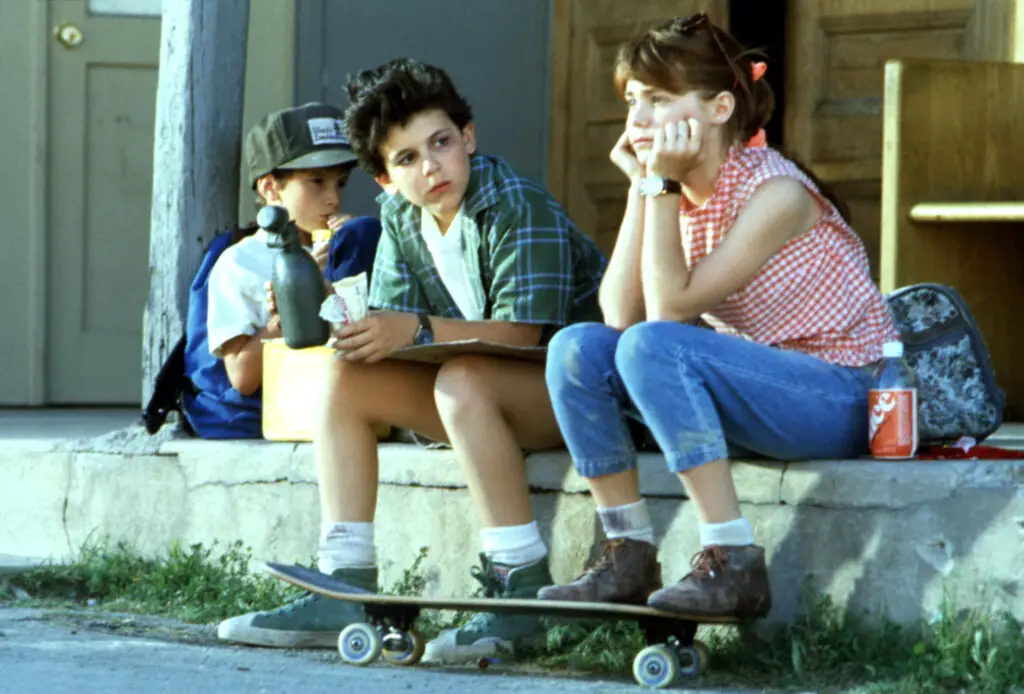
We didn’t have to check in constantly or be micromanaged. That freedom let us develop confidence in our own choices. We figured out what we liked, who we wanted to be, and how to handle things on our own.
Now, we’re comfortable making decisions without seeking constant validation. That self-assurance has helped us in relationships, careers, and life in general. We trust ourselves to navigate challenges and don’t feel the need to seek approval every step of the way. Being given the autonomy as kids set the stage for us to become independent, thoughtful adults who know how to trust their own judgment.
12. We Grew Up Faster—but in a Good Way
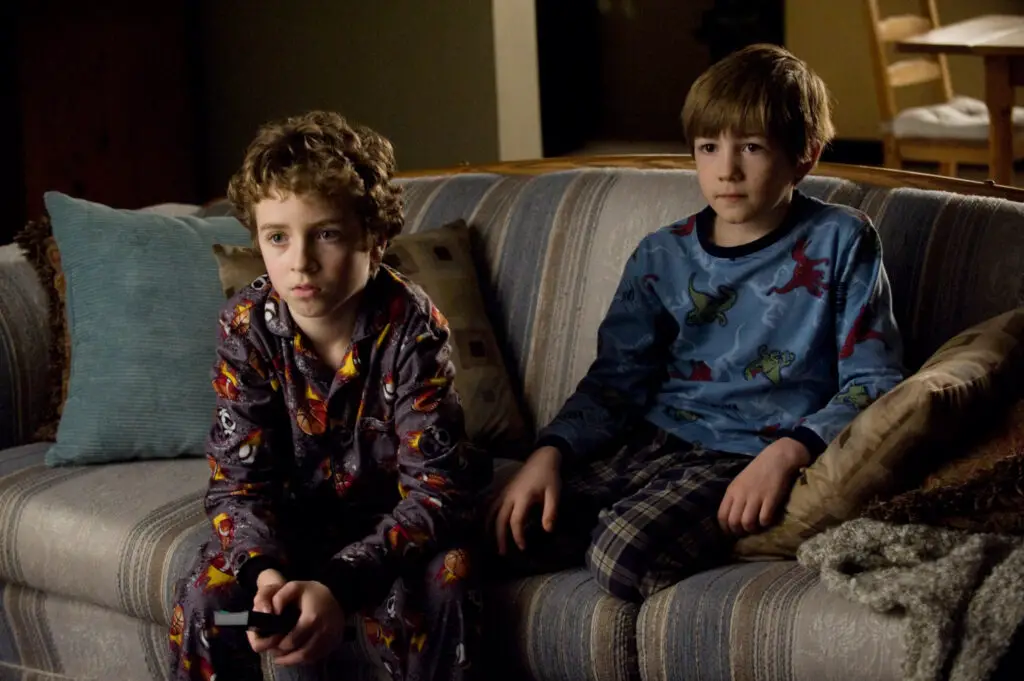
Being a latchkey kid meant we had to mature quickly. We handled responsibilities and made decisions earlier than some of our peers. It wasn’t always easy, but it shaped us into capable adults.
Looking back, we realize how much we gained from that experience. It made us self-sufficient, resilient, and ready for anything life throws our way. We don’t shy away from challenges because we’ve learned how to face them head-on. Growing up fast didn’t mean losing our childhood—it just meant we developed a strong foundation for adulthood earlier than most.
